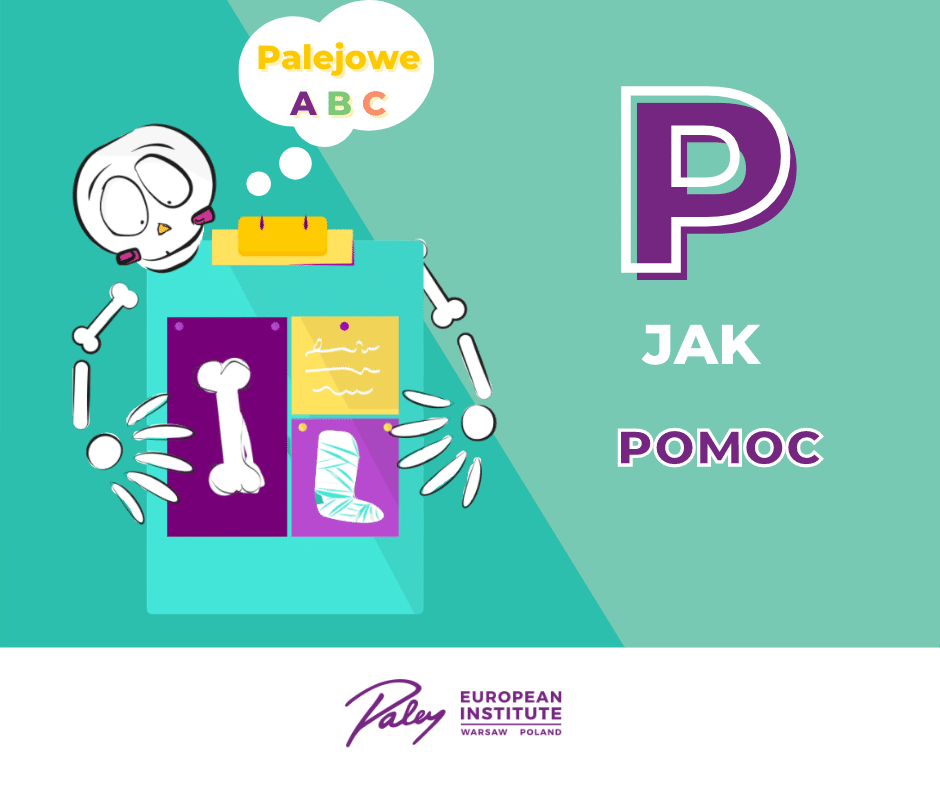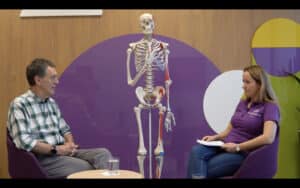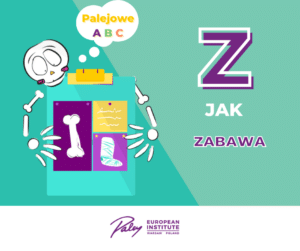It can be difficult to admit to ourselves that you need help, because from childhood we have been putting into our heads that we should cope with issues by ourselves. In some circles, asking for help is even seen as a sign of weakness or helplessness. It takes courage to admit to yourself and others that you are not coping, are unsure, or just need a shoulder to cry on.
When there are children in the family, the chance that you will need help increases. Living in a society that prides itself on self-reliance, the idea of asking for help can often be daunting. However, being able to ask for help can sometimes save your health and even life.
So what prevents us from asking for help?
Sometimes it is difficult to catch the moment when we need external support. Even though we don’t have enough strength or ideas, we are still trying to manage ourselves. If we are not used to asking for help, as well as grew up in a family where there was emphasis on independence and self-sufficiency, then showing your delicate part and asking for support may be embarrassing. Sometimes, it seems to us that no one wants to extend a helping hand to us, and in addition, instead of help, we will receive criticism or irony. If we have failed with people many times in our lives, it can be even more difficult to ask for their help. After all, we are not sure that they will be up to the task this time, or that they will keep our request for confidentiality a secret, if that is what we want.
By asking someone for help, we admit that we cannot cope with a task alone. Depending on our character, temperament or mental state, various thoughts can flow through our head and various feelings may appear. Feelings of failure, loss of independence, the feeling that you are weak or insufficient, that you do not meet the expectations, disappointment and unflattering thoughts about yourself are just some of them. On the other hand, asking for help and getting it can give us wings and make us believe in our own agency, see our courage, the possibility of taking risks, notice the role of the community and feel part of it, we will feel like we belong to a group and see that the world does not. It is black and white and there are many wonderful people around us who are willing to help.
Therefore, although it is not easy at first and may seem risky, sometimes it is worth taking the first step and reaching for help. Each of us has times in our lives that we need a helping hand and there is nothing to be ashamed of.
The ability to ask for help is one of the competences that you should teach your children. You can train in the smallest everyday situations. This way, the child will get used to the idea that each of us needs support from time to time, but that we also have the power to help someone. Show the children how they can help someone by themselves. Also, tell them about situations in which you yourself have given someone help and used it.
At the Paley European Institute, we also know the importance of cooperation and the role of asking for help. Therefore, if you have questions, don’t be afraid to ask for help. Look for support among parents in a similar situation, in your family, but also outside of it – with us you can count on the help of the patient’s guardian and ask him any questions you are struggling with. When you need a closer look at certain issues, emotions and difficulties you need emotional support, we invite you to our psychologist. No man in the world has all the knowledge, so when something is unclear, feel free to ask – our team of specialists is here for you to share their knowledge and experience, to support you in your pursuit of health and provide you with a sense of security.






